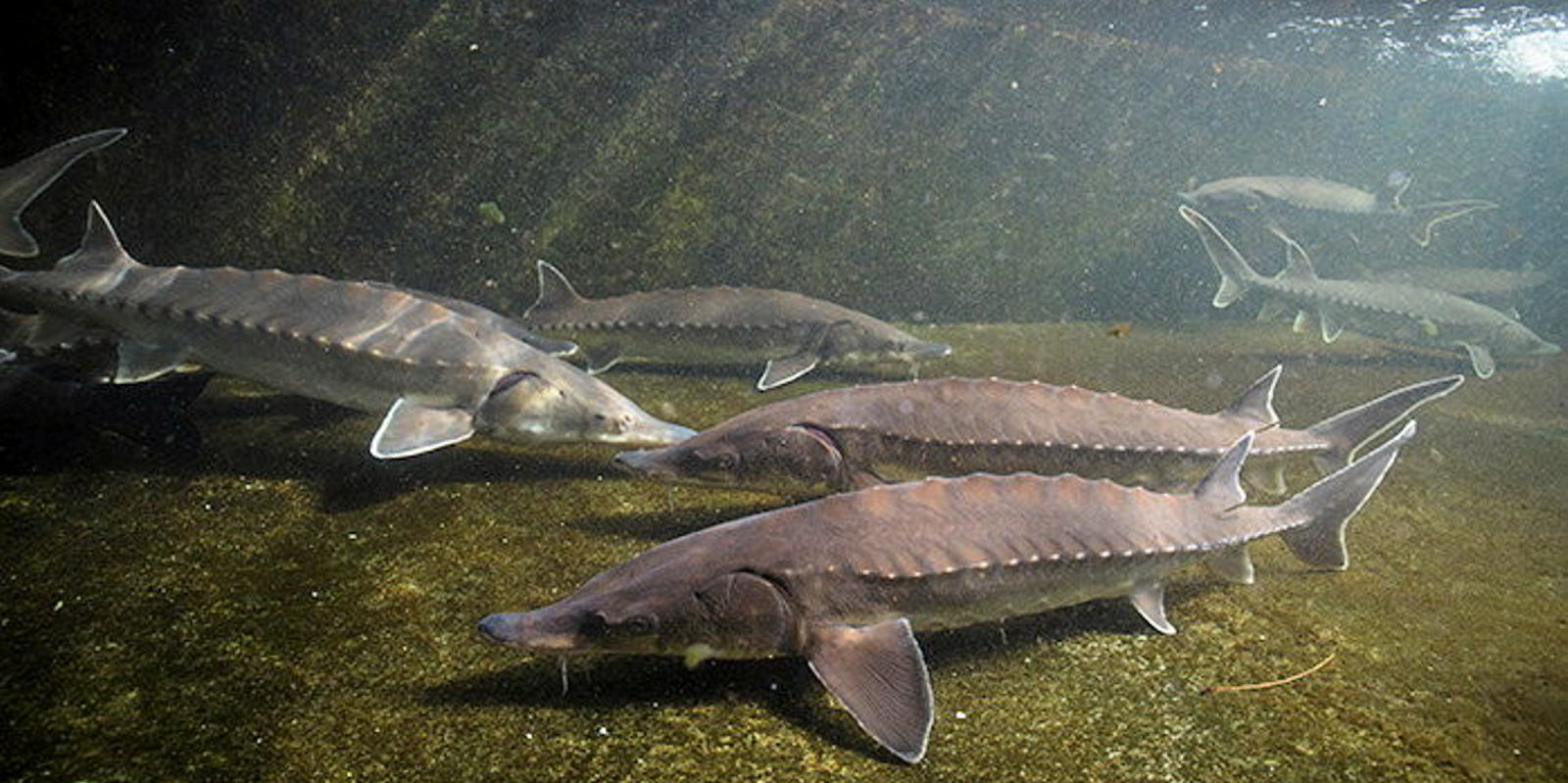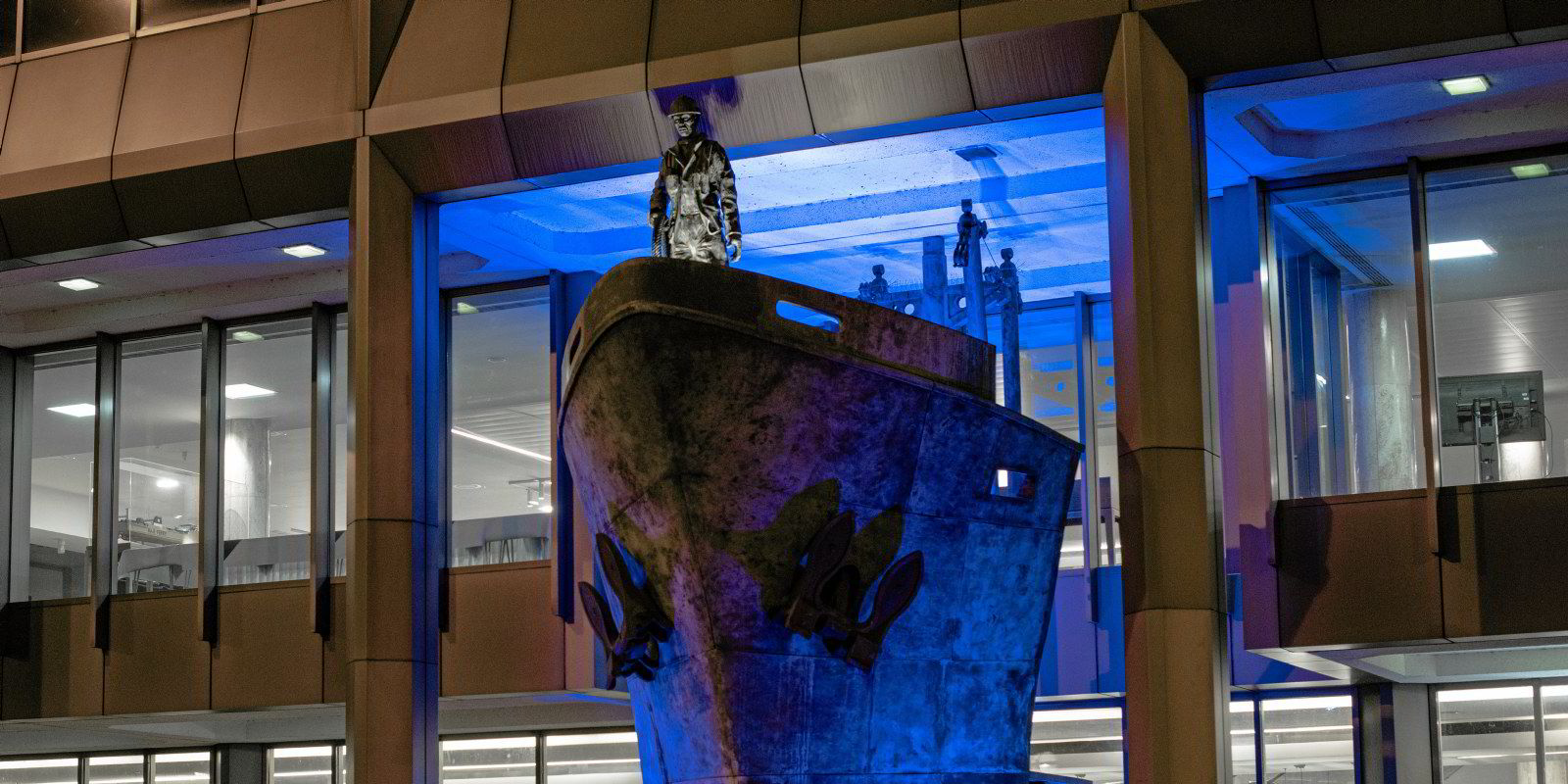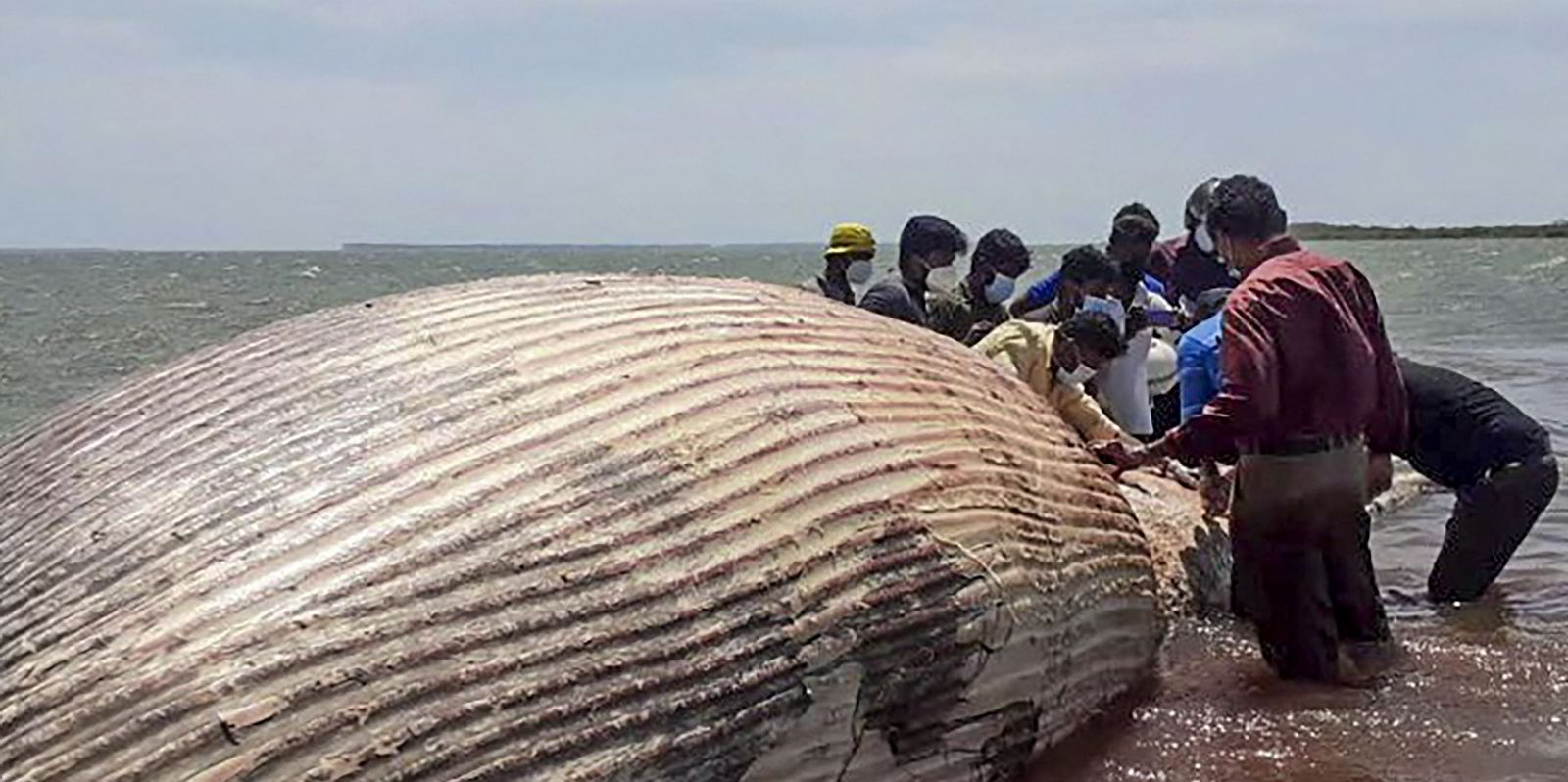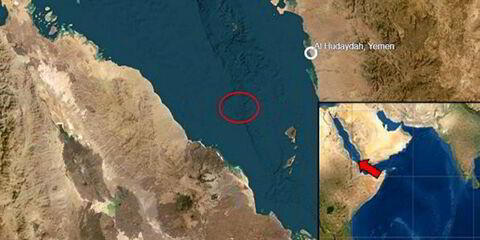One of the perceived benefits of the US government's Marine Highway Program — an effort to promote shortsea shipping as an alternative to surface transportation — is that it would help reduce air emissions.
But one environmental group also sees potential harm.
The Center for Biological Diversity is pursuing litigation against the US Maritime Administration (MarAd) on claims that the effort has violated the US Endangered Species Act.
Lawyers for the non-governmental organisation have contended in a federal court in Virginia that the agency has failed to consult with the Fish and Wildlife Service or the National Marine Fisheries Service with the effort.
Shipping routes that are expected to benefit from the programme pass through the habitats of animals protected by the US law protecting endangered species, they argued.
That includes North Atlantic right whales and loggerhead sea turtles on the Atlantic coast, sturgeon in the James and Hudson rivers, and whales and turtles on the Pacific coast.

"The escalation of vessel traffic directly attributable to MarAd's America’s Marine Highway Program and the grants awarded under that programme increases the risk of harm to imperilled species that rely on affected waterways," wrote Center for Biological Diversity lawyers Hannah Connor and Jared Margolis in a complaint before the court.
The risks to endangered species include ship strikes, passing through ships' water intake, strandings caused by vessels' wake and oil spills, they contended.
The Center for Biological Diversity is asking a US judge to declare the Marine Highway Program in violation of the Endangered Species Act.
And the lawsuit takes special aim at the James River Container Expansion Project, a container-on-barge service shuttling containers to and from the Virginia port of Hampton Roads. The service was the subject of a $1.82m grant from MarAd.
At stake are endangered sturgeon species.
"The James River is designated critical habitat for the Chesapeake Bay distinct population segment of Atlantic sturgeon, and these endangered fish are highly susceptible to ship strikes, particularly in the James River," the lawyers said.
"Collisions with vessels are considered to be a major threat to this subpopulation."
The Center for Biological Diversity wants MarAd to start consultations under the Endangered Species Act.
A MarAd spokeswoman declined to comment for this story, and the agency has yet to submit an official response to the court.
But the Marine Highways Program, which took applications this summer for $10.8m in grants, is touted for its positive environmental impact.
Its benefits include its potential to "improve the environmental sustainability of the US transportation system by using less energy and reducing air emissions (such as greenhouse gases) per passenger or ton-mile of freight moved", the agency claimed on its website.





